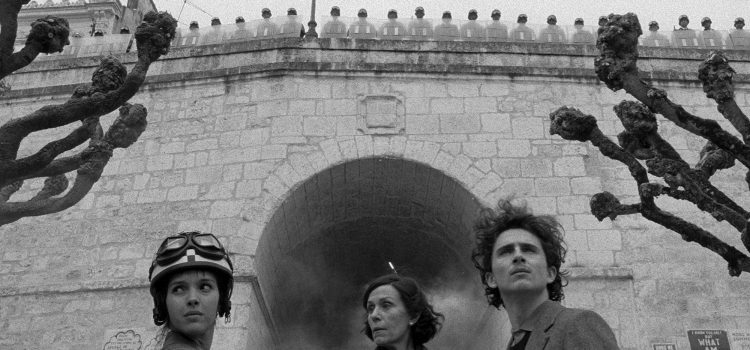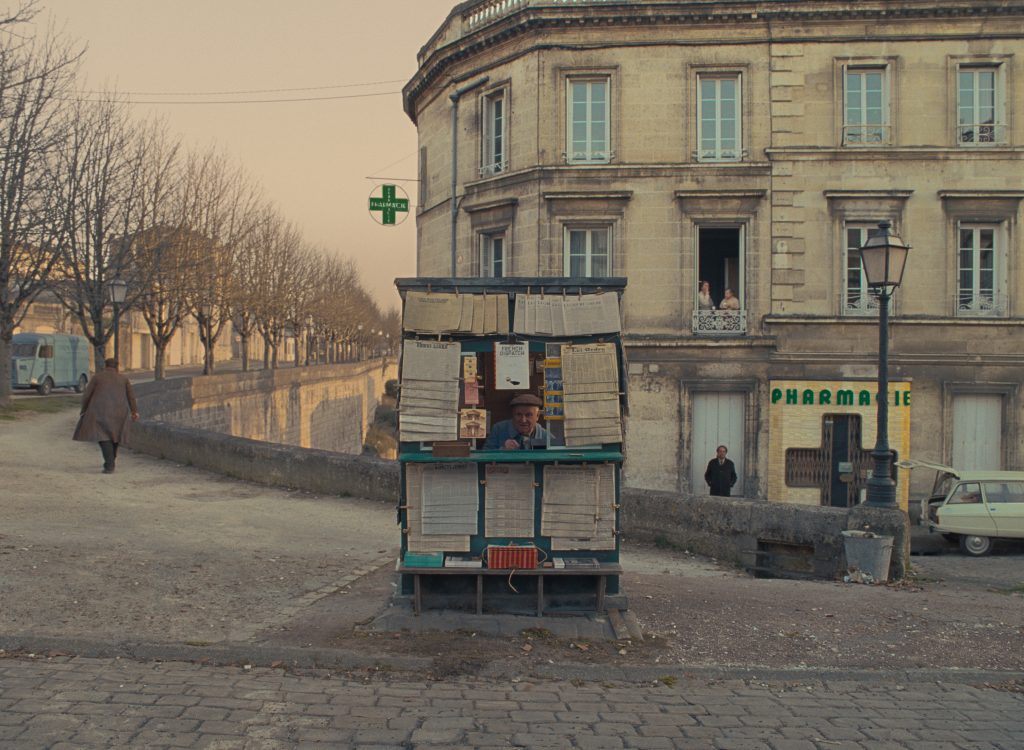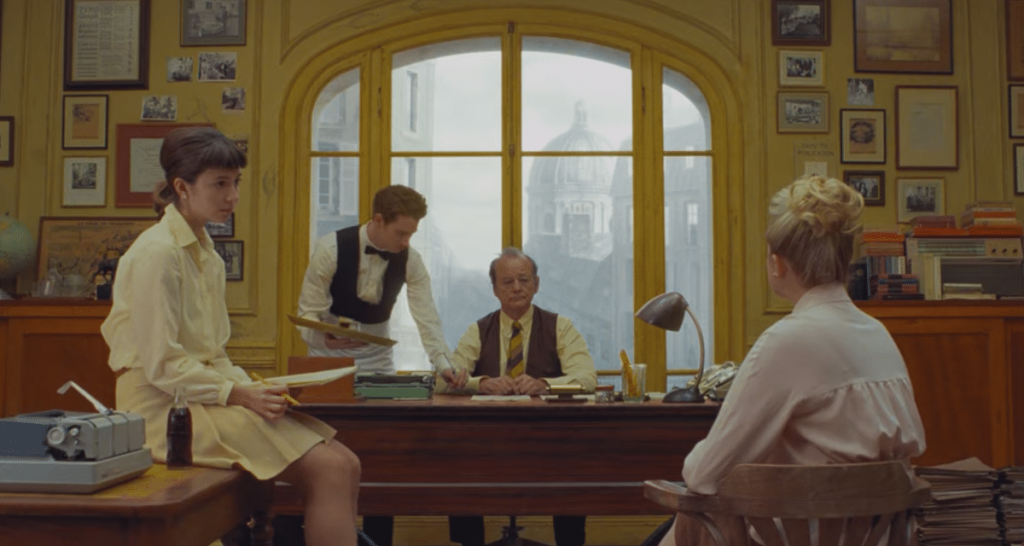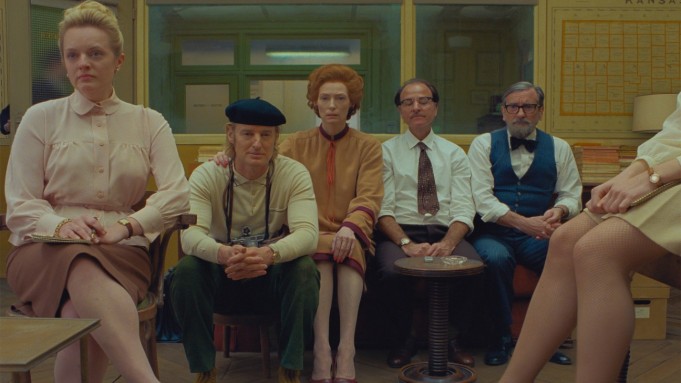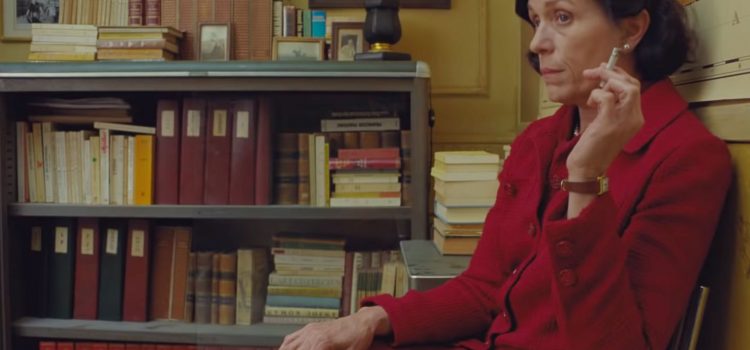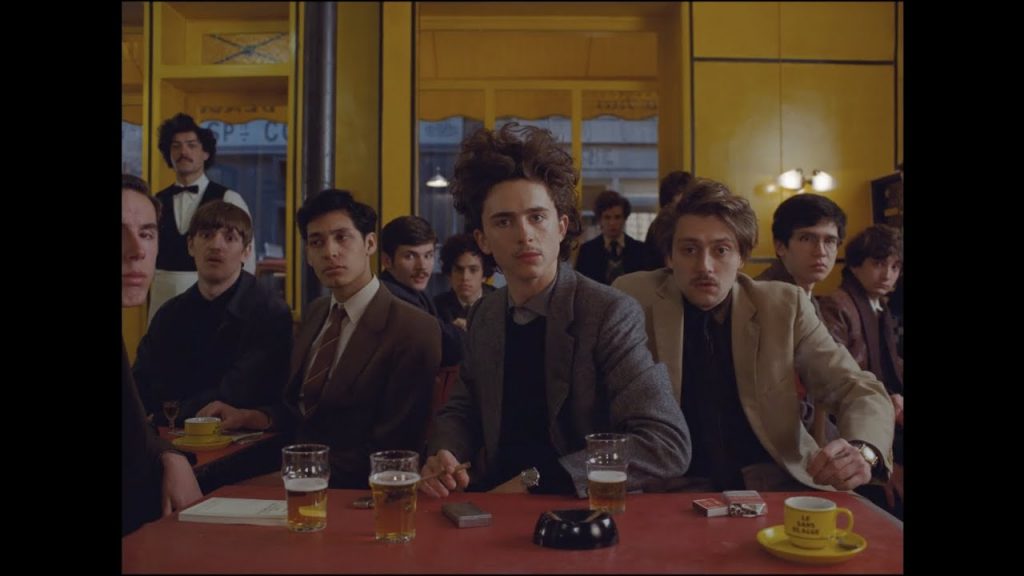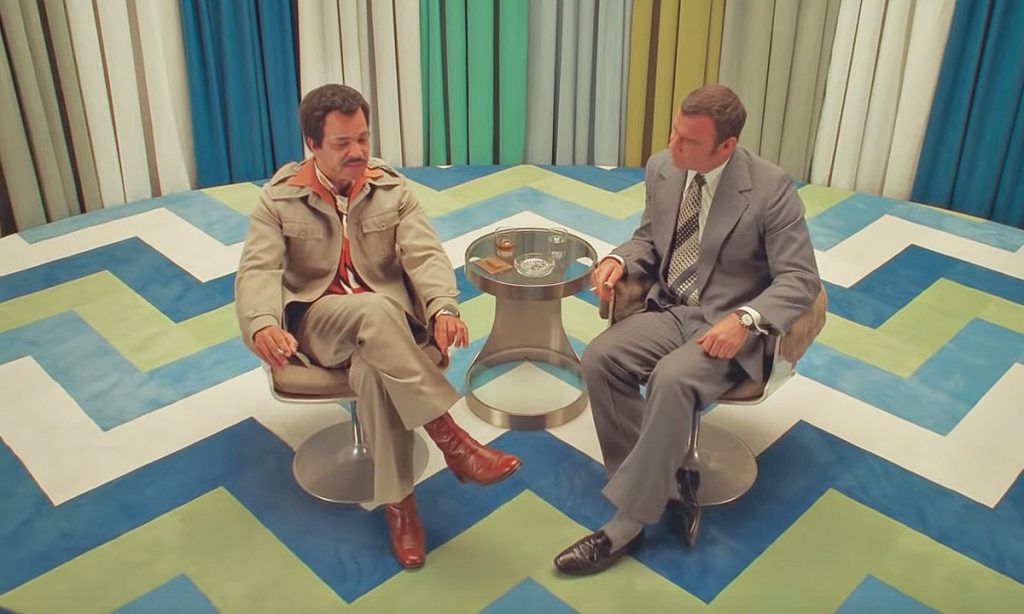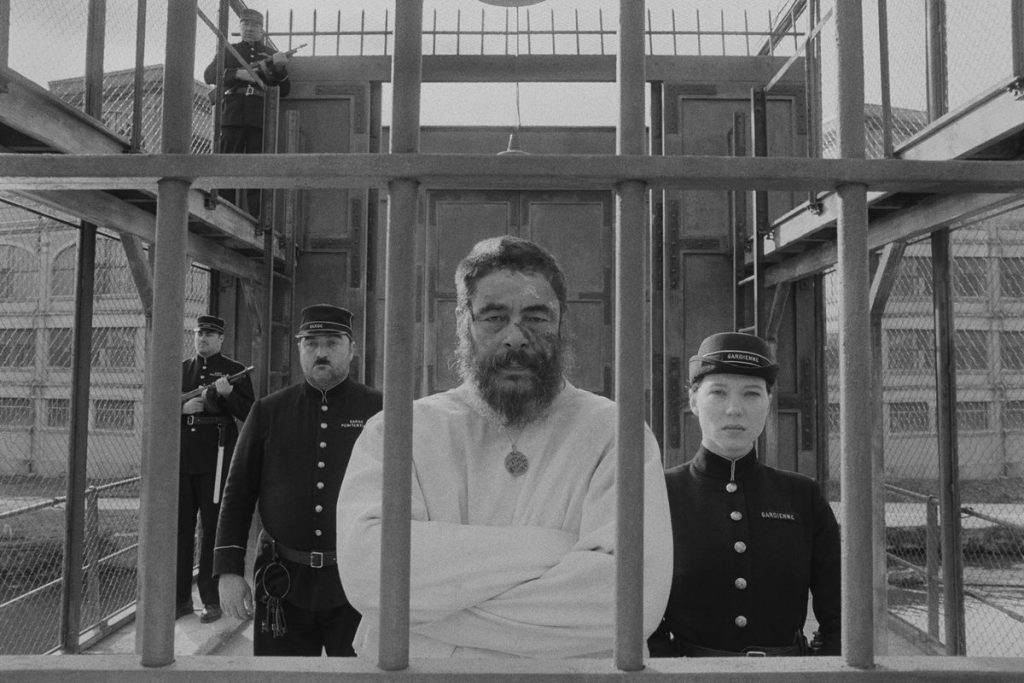By Alex McPherson
A glossy, warm-hearted romantic comedy that slightly exceeds expectations, director Kat Coiro’s “Marry Me” ticks all the necessary boxes while being elevated by the charming chemistry of its leads.
Based on Bobby Crosby’s graphic novel of the same name, the plot involves an unlikely romance between a celebrity superstar and an ordinary plebeian. Kat Valdez (Jennifer Lopez) is a pop music sensation, strutting her stuff onstage while singing basic, yet still kinda catchy, lyrics. She’s preparing to marry her bad-boy fiancé, fellow singer Bastian (Maluma), at a concert before legions of fans, mostly to promote their new single, fittingly titled “Marry Me.”
On the opposite end of the spectrum, there’s divorced dad and high-school math teacher Charlie Gilbert (Owen Wilson), who lives a mundane existence spending time with his daughter, Lou (Chloe Coleman), boisterous co-worker Parker (Sarah Silverman, delivering some toned-down raunch), and his trusty canine companion. He’s also preparing for a school mathalon with a group of adorably geeky kiddos unafraid to indulge in some blatant product placement. Having been accused of being “boring,” Lou reluctantly agrees to attend Kat’s concert with Lou and Parker.
Mere seconds before their big moment, Kat learns that Bastian’s been cheating on her with her assistant. In a defiant, impulsive leap of faith — after speechifying about the importance of following new paths when what’s assumed and expected fails — she picks out Charlie from the crowd, who happens to be holding a “Marry Me” sign, and asks him to marry her. Charlie, shocked, takes pity on Kat and wants to impress his daughter, so he agrees. Afterwards, even though both Kat and Charlie aren’t serious about starting a relationship, they somehow agree to keep the act going until the media storm dies down, with some encouragement from Kat’s manager, Collin Calloway (John Bradley). And guess what? They start falling for each other. Wow.
Although “Marry Me” has an opportunity to explore the tumultuous realities of celebrity culture, Coiro’s film largely bypasses nuance in favor of providing rom-com fans exactly what they hope for. Wilson and Lopez keep this decidedly old-fashioned narrative on-track, making the film’s shallowness easy to overlook.
Lopez and Wilson help buoy the film through its predictable framework, each giving just enough effort to lend their characters likability beneath the generic archetypes. Lopez — effectively playing a version of her real-life persona — slips into the role of Valdez easily, bringing some self-aware gusto to a person who secretly wants to follow her own path, away from the ever-present cameras and glow of smartphone screens. In elaborate concert sequences and numerous musical interludes — interrupting the action for some literal self-promotion — Lopez shines, even though she’s never really allowed to be vulnerable due to the film’s insistence on remaining upbeat above all else.
Wilson is his expected, laid-back self, possessing an everyman charisma that nicely contrasts with Lopez’s initial bombast. There’s not really much to his character, and we never learn much about his previous marriage, but Charlie’s a simple man who wants to be there for his amusingly blunt daughter. Charlie has absolutely zero interest in Kat’s way of life, but as the two of them become friends and then, unsurprisingly, fall in love, their improbable romance ends up being relatively low-key and wholesome, even as Bastian tries to barge in to take back Kat. Indeed, it’s pleasing how the ludicrousness fades into wholesomeness by the conclusion, with a properly schmaltzy finale.
Regarding the omnipresent grip of technology, “Marry Me” depicts it aggressively, erratically framing scenes through paparazzi cameras and copious amounts of smartphone screens. It’s all a bit garish, and the film makes a few basic jabs at how little privacy celebrities like Valdez are given in their daily lives, where the music itself is sometimes an afterthought in the public eye. In these moments, we see the film that could have been, but who expects any sort of meaningful commentary in a story as absurd as this?
As far as rom-coms go, “Marry Me” isn’t revolutionary in the slightest, but it should fit the bill nicely as a Valentine’s Day watch, where love triumphs over all.
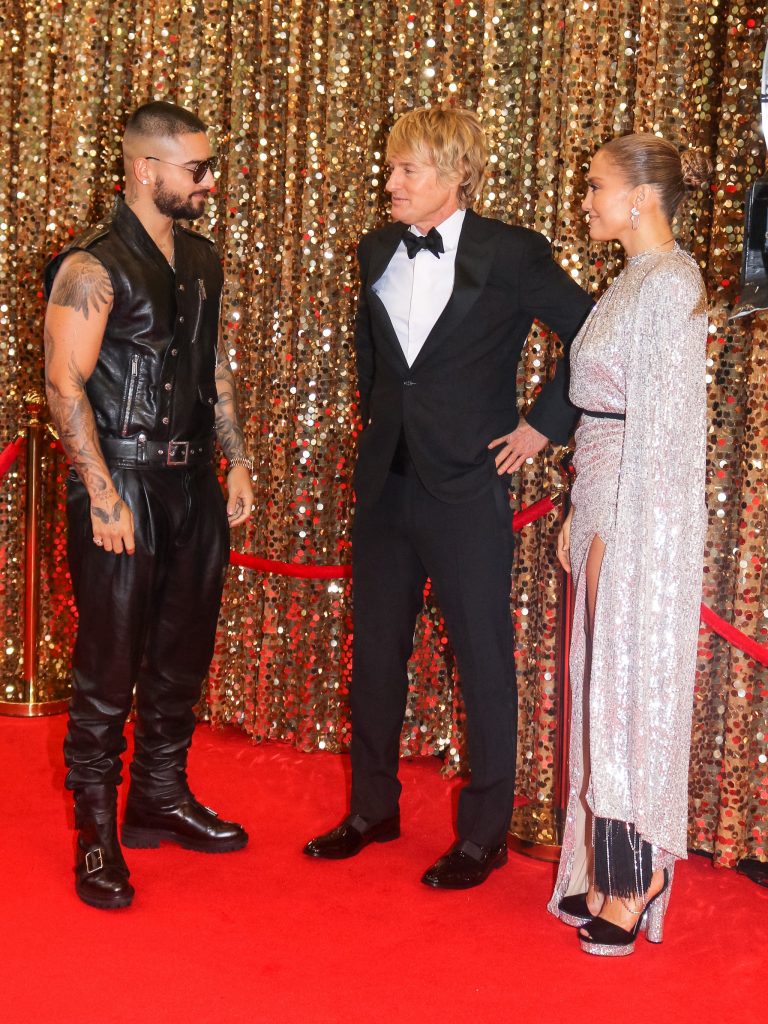
“Marry Me” is a 2022 romantic comedy directed by Kat Coiro and starring Jennifer Lopez, Owen Wilson, Sarah Silverman, John Bradley, Chloe Coleman and Maluma. It’s rated PG-13 for some language and suggestive material and the run time is 1 hour, 52 minutes. Starts streaming on Peacock and in theaters on Feb. 11. Alex’s Grade: B-
Alex McPherson is an unabashed pop culture nerd and a member of the St. Louis Film Critics Association.


